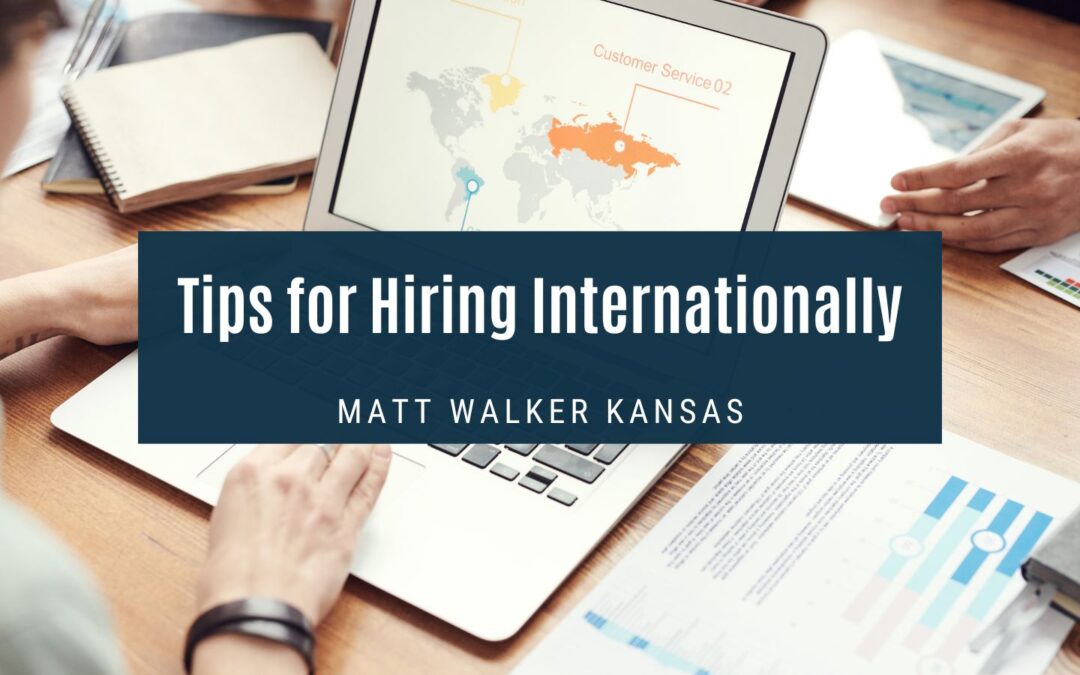In today’s globalized world, hiring internationally can be a strategic move to access a wider talent pool and expand your company’s reach. However, it also comes with unique challenges and considerations.
Understand Legal and Visa Requirements:
Before embarking on international hiring, familiarize yourself with the legal and visa requirements of the country where you plan to hire. Different countries have various work permits, visa categories, and employment regulations. Seek legal counsel if needed to ensure compliance with local laws.
Cultural Sensitivity and Adaptation:
Cultural differences can significantly impact the success of international hires. Be culturally sensitive in your interactions and communication. Consider providing cultural training to help new employees adapt to your company’s culture and expectations.
Global Recruitment Platforms:
Utilize global recruitment platforms and job boards to reach a diverse pool of candidates. Websites like LinkedIn, Indeed, and specialized international job boards can help you connect with qualified talent worldwide.
Partner with Local Experts:
Consider partnering with local recruitment agencies or experts in the local job market. They can assist in the recruitment process, navigate legal requirements, and provide valuable insights into the cultural and business landscape.
Remote Work Policies:
With the rise of remote work, consider whether international hires can work remotely or if they need to relocate. Clearly define remote work policies, expectations, and communication channels to ensure a productive working relationship.
Language Proficiency:
Assess the language proficiency of international candidates, especially if the role requires fluency in a specific language. Language assessments and interviews can help ensure effective communication within the team.
Interviewing Across Time Zones:
International hiring often involves scheduling interviews across different time zones. Use scheduling tools that accommodate multiple time zones and ensure a seamless interview process for candidates, regardless of location.
Compensation and Benefits:
Determine a competitive compensation package that aligns with local market standards while considering cost-of-living differences. Be transparent about benefits, including health insurance, retirement plans, and additional perks.
Onboarding and Integration:
Develop a comprehensive onboarding program for international hires. This should include an introduction to company policies, procedures, and expectations. Assign a mentor or buddy to help the new employee integrate into the team.
Compliance and Tax Considerations:
Ensure compliance with tax regulations in both your home country and the employee’s country of residence. Consider consulting with tax professionals to handle international tax matters correctly.
Hiring internationally can bring diversity and valuable skills to your organization. However, it requires careful planning, legal compliance, and cultural sensitivity. You can create a seamless and successful international recruitment process by understanding legal requirements, leveraging global recruitment platforms, partnering with local experts, and addressing logistical challenges. With the right approach, international hires can contribute to your team and help your company thrive globally.

